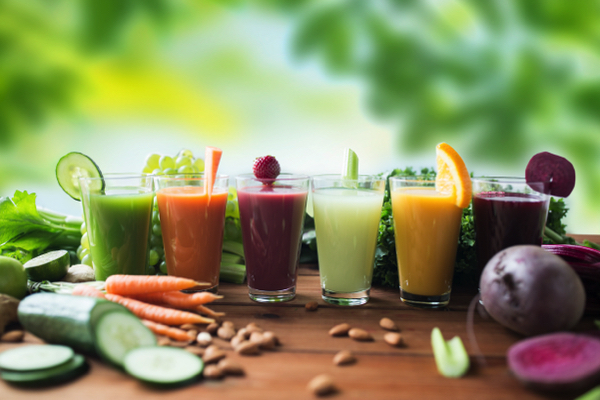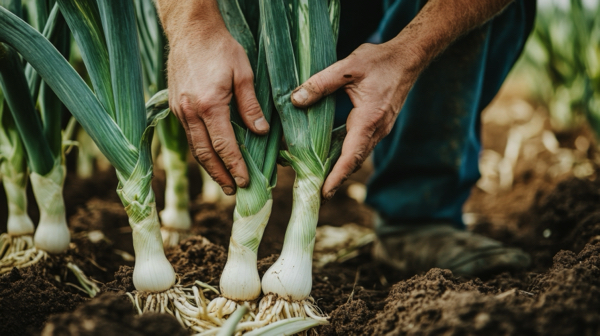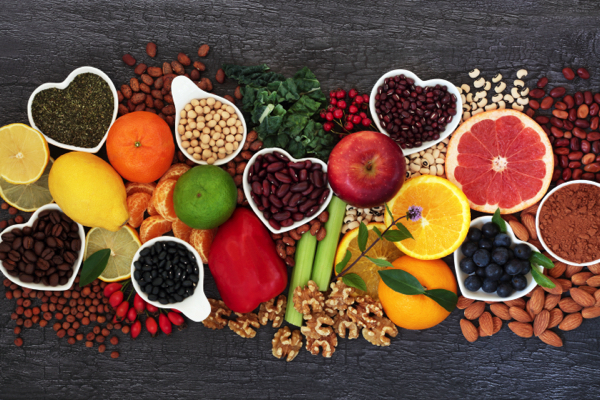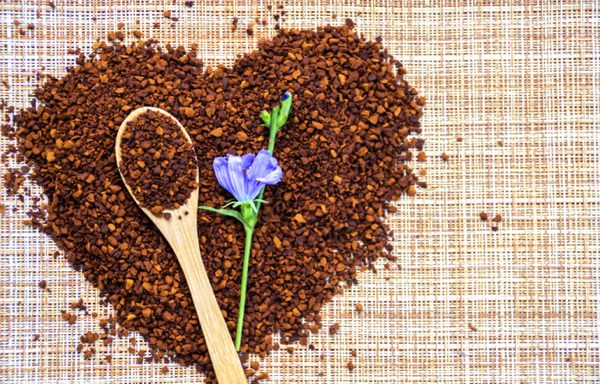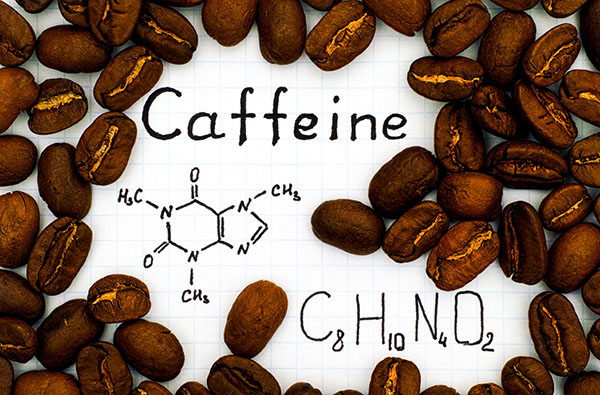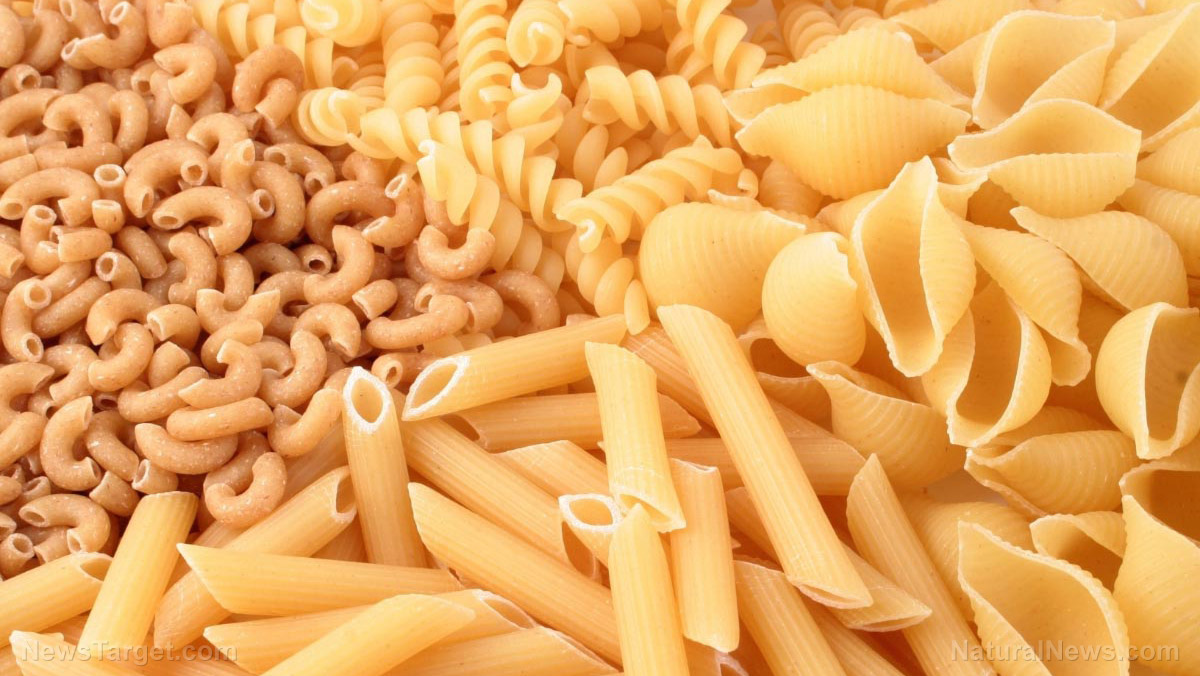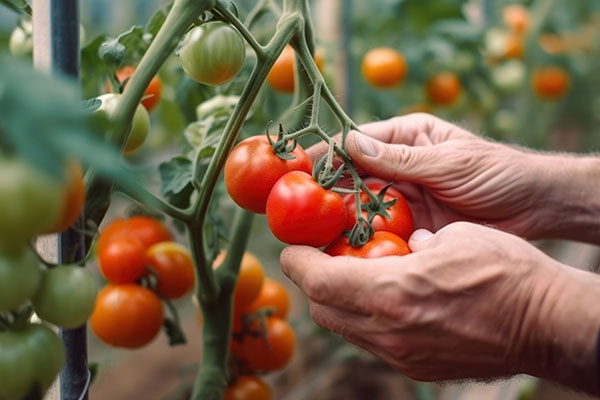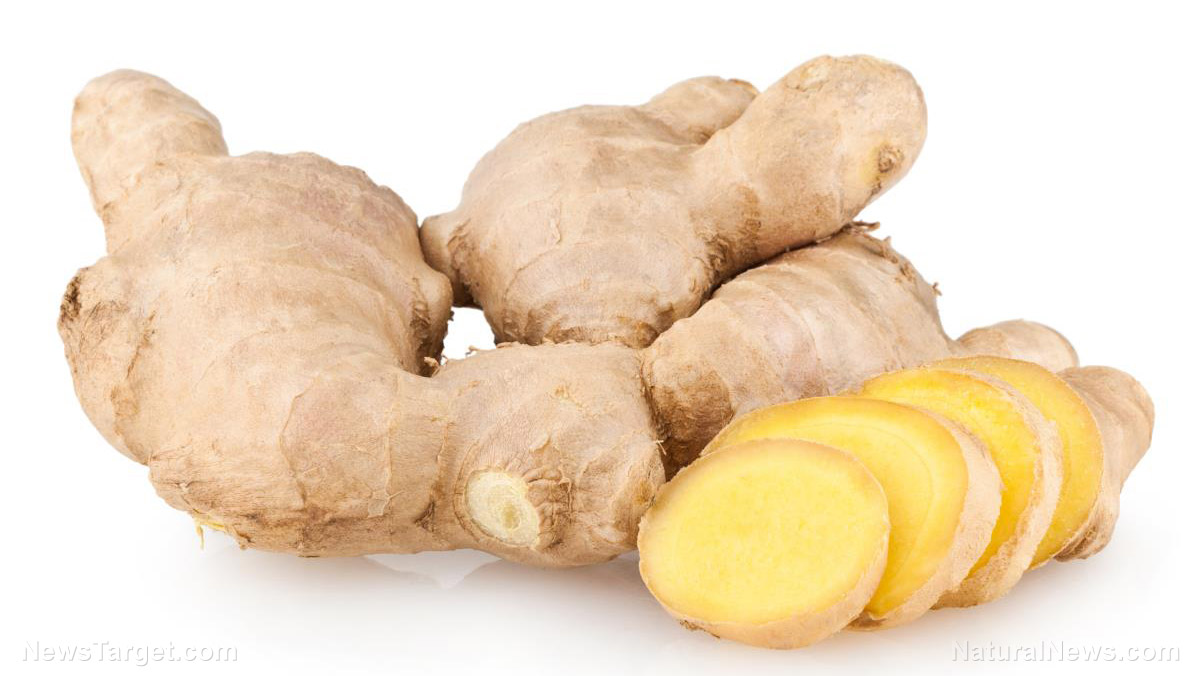PASTEURIZED vs. UNPASTEURIZED: The juice recall that may change how you shop
09/14/2025 / By Olivia Cook

- FDA recalled more than 22,000 juice containers after questions about whether they were pasteurized.
- Pasteurization kills harmful bacteria, like E. coli and Salmonella but can also reduce essential protective antibodies and immune-supporting nutrients, such as vitamin C, and alter taste.
- Unpasteurized juice keeps more natural flavor and nutrients but, if not handled properly, carries a higher risk of foodborne illness.
- Mango juice proves more stable than watermelon in studies, retaining color and nutrients better during pasteurization.
- Safe enjoyment is possible both ways: pasteurized for vulnerable groups and convenience, unpasteurized for natural vitality with careful sourcing, storage and quick consumption.
When the U.S. Food and Drug Administration (FDA) issued an urgent recall of more than 22,000 containers of fruit juice this summer, most people shrugged it off as “just another food recall.” But beneath the headline is a much bigger story.
At stake is not just safety, but also taste, vitality and nutrition. It is a reminder that being an empowered consumer means knowing what goes into your glass and how to balance nature’s gifts with modern food safety.
According to the FDA’s September recall notice, New Jersey-based Evergreen Orchard Farm has to pull thousands of grape, jujube and pear juice pouches from shelves in New Jersey, New York and Pennsylvania.
When asked for proof that the juices had been pasteurized – the “standard” process that uses heat to kill harmful bacteria – the farm couldn’t provide records. That left the unsettling possibility that the juices weren’t pasteurized at all.
No illnesses have been reported, but the FDA still upgraded the recall to Class II, meaning there’s a “reasonable chance” of health issues if consumed. For vulnerable groups – kids, pregnant women, seniors and people with weaker immune systems – even a slight chance of bacteria like E. coli or Salmonella is concerning.
But this raises a bigger question: Do we really need pasteurization every time? Or is there still a place for juice in its natural, unpasteurized form?
According to Healthline‘s March 2022 guide, the difference is simple:
- Pasteurized foods are heated to kill harmful bacteria, making them “safer” and increasing their shelf life.
- Unpasteurized foods skip the heat step and stay closer to their raw, natural state – packed with antioxidants, vitamins, minerals and other nutrients.
Why some people choose pasteurized:
- Proven to reduce foodborne illness
- Safer for children, older adults, pregnant women and those with health challenges
- Longer shelf life, making it convenient for busy households
Why others choose unpasteurized:
- Closer to nature – retaining aroma, color, taste and more nutrients
- Appeals to those who want “living foods” with less processing
- Fits a holistic wellness lifestyle that values vitality over convenience
What science reveals about nutrition and freshness
Here’s where science and natural living collide. The debate isn’t just about germs. It is also about what happens to nutrients when juice is pasteurized. A 2023 peer-reviewed study in Food Biosciences put mango, pineapple and watermelon juices to the test under different pasteurization and storage conditions. The results might change how you think about “fresh” and “natural.”
- Juice yield and composition: Mango juice came out on top for juice yield (70.3 percent), the sweetest taste and the highest soluble solids. This was followed by watermelon (52.2 percent) and the most refreshing, with sky-high water content – but that also make it quick to spoil. Pineapple came in tart, tangy and stood out for acidity (pH 3.40) and for packing the most vitamin C and minerals like calcium, magnesium and potassium.
- Safety: Pasteurization eliminated harmful microbes, reducing plate counts, mold and yeast to undetectable levels in all three juices. By contrast, unpasteurized watermelon juice spoiled quickly and was unsafe within two weeks.
- Nutrients: Heat hit vitamin C hard. Mango juice lost about 27 percent of its vitamin C after 10 minutes of pasteurization, while watermelon lost all detectable vitamin C. Pineapple retained more vitamin C, thanks to its naturally higher starting levels. Interestingly, pasteurization didn’t significantly reduce total phenolic content (TPC) – and in mango juice, TPC even rose slightly during storage, possibly due to the release of bound compounds.
- Enzyme activity: Plant compounds called phenolics were not as fragile. Two key enzymes linked to browning and quality loss were affected differently. Polyphenol oxidase (PPO) dropped sharply: in mango, it became undetectable after just one minute of pasteurization; in watermelon, levels fell 80 percent after five minutes. Peroxidase (POD), more resistant, needed at least five minutes of treatment for an 80 percent reduction.
- Color and flavor: Watermelon juice shifted from red to yellow as lycopene degraded under heat, as its lycopene pigment broke down. Mango kept its vibrant orange glow with its tough-as-nails carotenoids (beta-carotene).
- Storage: Shelf-life reality check – even pasteurized juice declines over time. Watermelon juice began losing quality after just nine days in the fridge. Unpasteurized versions degraded far faster.
Pasteurization is a double-edged sword. It makes juice safe to drink and extends shelf life, but at the expense of delicate nutrients, natural enzymes, natural antioxidants, vibrant colors and that just-squeezed vibrancy.
The truth lies in “balance.” Pasteurization, developed by Louis Pasteur back in 1864 has prevented countless outbreaks. At the same time, unpasteurized juices still offer something pasteurized ones can’t always replicate: raw vibrancy, taste, color and a connection to food in its most natural form.
The real empowerment comes not from choosing one side or the other, but from knowing what’s in your glass – and why you chose it. (Related: The war on raw milk.)
Watch this video comparing pasteurized and unpasteurized orange juice.
This video is from the Daily Videos channel on Brighteon.com.
More related stories:
The facts about pasteurization and homogenization of dairy products.
Sources include:
Submit a correction >>
Tagged Under:
antioxidants, E. coli, empowered consumers, FDA, food independence, food safety, health freedom, microbial elimination, minerals, Nutrient, pasteurized, Product recall, Salmonella, unpasteurized, vitamins
This article may contain statements that reflect the opinion of the author
RECENT NEWS & ARTICLES
Natural.News is a fact-based public education website published by Natural News Features, LLC.
All content copyright © 2018 by Natural News Features, LLC.
Contact Us with Tips or Corrections
All trademarks, registered trademarks and servicemarks mentioned on this site are the property of their respective owners.







